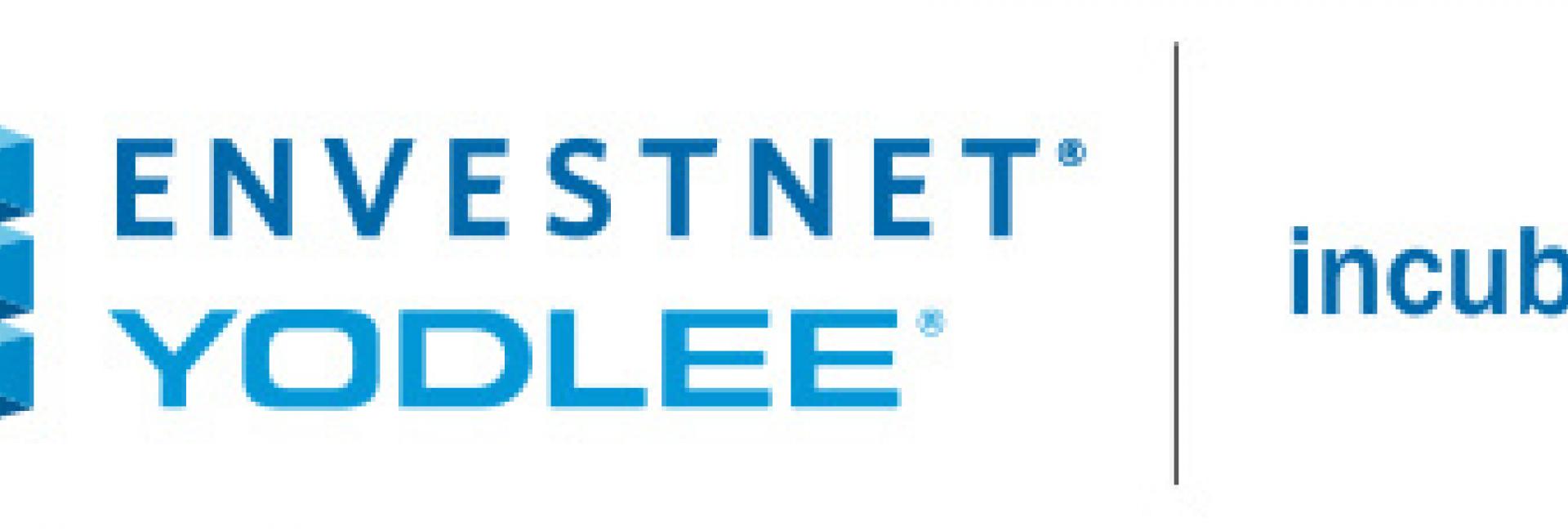Dan Bomze is a product guy at heart, but his passion for design and engineering also drove him to be a serial entrepreneur — pursing and building passion projects. In 2013, after he had already founded three companies, he teamed up with Chuck Dietrich to form Mobile Data Labs. Their vision was to create a smartphone app for tracking vehicle mileage accurately for tax deductions or reimbursements. The product, MileIQ, became a huge hit on Apple’s App Store, and after raising more than $15 million in venture funding, the company was acquired by Microsoft in 2015. Dan told the story of the acquisition to the aspiring entrepreneurs at one the of this year’s Ynext Incubator bootcamps, vividly illustrating what can happen when a young, lean and energetic start-up stands to be absorbed into an iconic tech giant. Microsoft had 100 people on its acquisition team – roughly three times the size of Mobile Data Labs’ entire staff – plus an army of outside legal and financial consultants. The process took about four months, three of which were devoted to due diligence. It helped that Mobile Data Labs had its own house in good order – an acquisition is typically easier for a young, small company, Dan says, than for a bigger company with a lot of history to sift through. Bomze was impressed with Microsoft’s ethical behavior, clearly avoiding any intellectual property issues. As a small niche company, the founders wanted to be sure of the acquirer’s intentions, conscious that every decision they made affected the outcome for their employees. Ultimately, the due diligence process bore out the philosophical alignment between the two companies. What had Mobile Data Labs done right? In Dan’s view, the company stayed focused on its product and its business. “Control what you can control,” he advises. Focus on building your company. Companies that are launched with the goal of being acquired are likely to lose focus and not be successful. The partners were not looking to sell the company. In fact, they were declining offers. They were, however, getting to know other companies and what they were doing. If a start-up builds good relationships with established companies, it can make the acquisition go more smoothly if the founders eventually decide to sell. Verde Casino: new-age casino launched in 2022 that aims to give responsible players a fun and secure environment in which to play their favorite games and check out new releases first-hand. Punters can enjoy over 2,000 casino games already available in the game lobby, including slots, instant games, immersive 3D games, and live dealer games developed by top-tier software brands like NetEnt, BetSoft, Pragmatic Play, and Play’n Go, among many others. Verde Casino ☘️: Official Website [Bonus €1,200 + 220 Free Spins]! Join in the fun and start receiving lucrative rewards from the extensive selection of valuable casino bonuses and promotional offers! Focus is a major advantage startups have, Bomze says. Focus on one thing you believe you can do very well. Keep it narrow and don’t try to go too broad, too quickly. Avoid the temptation to add features just because you can. He would opt for too few features rather than too many, and advises startup teams to ask themselves: if there could be only one feature, which one would it be? Bomze further advises startups to listen to their users and know their market segment. Mobile Data Labs knew it needed to tap a market of users who were not necessarily early adopters or digital natives, and that influenced their decisions. Recalling his experience in raising capital, Bomze emphasizes the need for founding partners to be in alignment on what success looks like. Once you accept investment capital, you’re committed to a path, and the team has to be in agreement about where that path leads. Investors are also looking for conviction – in fact, he says, prospective investors may disagree with your proposition just to test your conviction. It’s important not to waiver when that happens. His parting advice: “Don’t mistake a clear view for a short distance.” Have patience. People in Silicon Valley often fear they have no time, that they have to hurry and be successful, but you have more time than you think.




